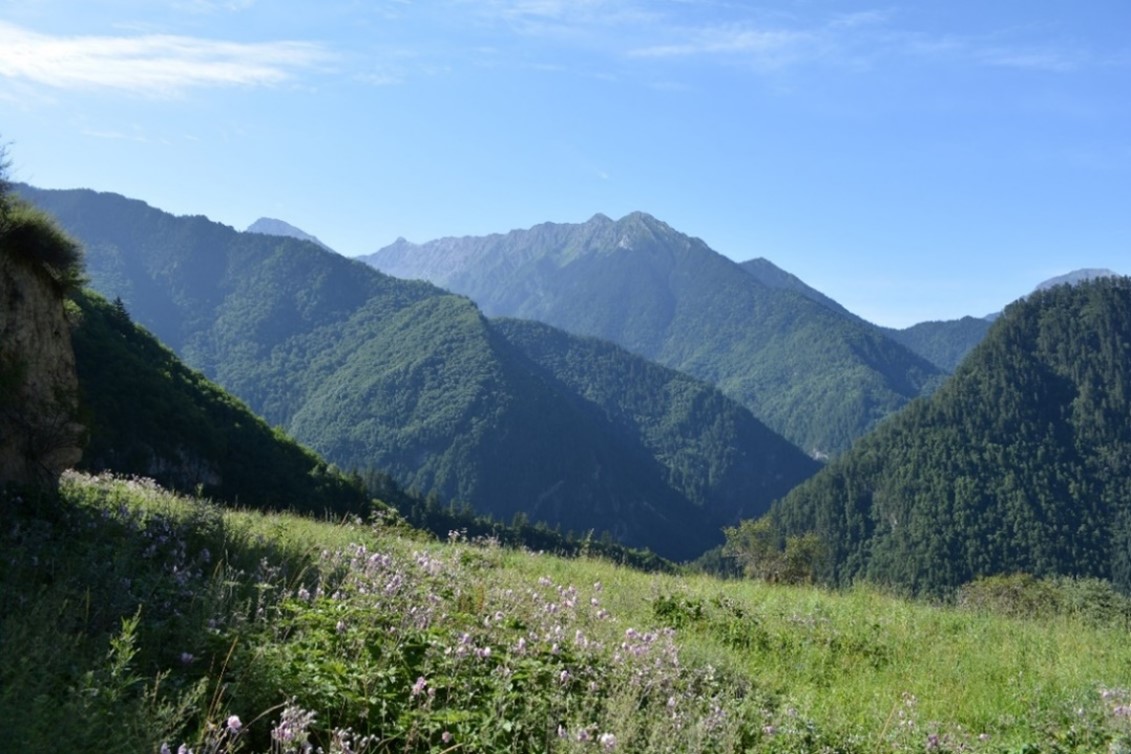November 8, 2024
Early China Seminar Lecture Series
Title: “A Deep History of Human Activity in the Jiuzhaigou National Park”
Speaker: Jade d’Alpoim Guedes, University of Washington
Time: November 8, 2024 (4:30-6:30 PM EST)
Venue: Zoom
*This event will be held via Zoom. Please click on “Request Pre-circulated Paper” to register for the event..
China’s tuigeng huanlin, or “Returning Farmland to Forest” program, has been widely praised as a major contributor to China’s dramatic increase in forest cover. To preserve the biodiversity found in the Jiuzhaigou National Park, and believing that the history of human impact inside the park was relatively short, authorities decided to minimalize human impact, re-settling nine villages of Sharkhog Tibetans. For the Sharkhog Tibetans, these narratives are at odds with their own social-landscape knowledge of the region. In this talk, I present the preliminary results from our International Collaborative Archaeological Project at the Ashaonao site in the JNNR, which challenges assumptions of shallow time depth of human occupation in the region and shows that rather than harming local biodiversity, intermediate levels of disturbance created by small scale farming, pastoralism, and tree cutting have contributed to the biodiversity of this region and have done so over the course of the past 5000 years.

